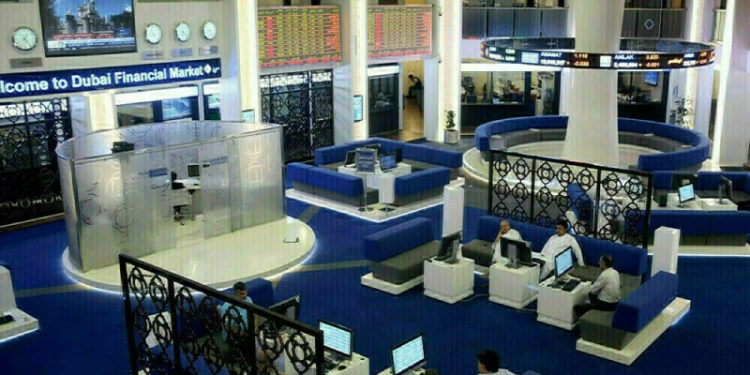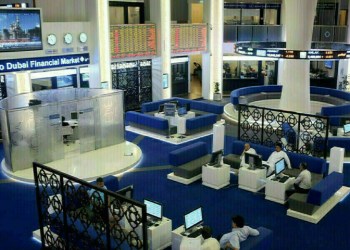Fears of a US interest rate rise have extended volatility on world stock markets following the jitters over China’s economy which sparked mayhem the previous week.
While UK markets were closed for the Bank Holiday on Monday, stocks elsewhere took a hammering in the wake of comments by a senior US central banker – seen as a sign that borrowing costs may be raised from historic lows as early as this month.
Brent crude oil surged 8% as US crude production data was revised lower, meaning Brent had risen around 25% in just three days – helped too by suggestions that the OPEC cartel of oil producers may consider production cutbacks.
However, the price fell back by 2% on Tuesday to $ 53 per barrel.
The start of Tuesday share trading saw markets react to fresh figures suggesting Chinese manufacturing activity was at a three-year low.
The FTSE 100 fell 2.2% in the first hour – with weaker than expected UK manufacturing data also contributing to the grim mood.
The attention of investors was also firmly on the US Federal Reserve which had, until the weekend, been expected by markets to raise interest rates at the end of the year.
But that changed when Fed vice chairman Stanley Fischer told the annual Jackson Hole central bankers’ symposium that US inflation was likely to rebound, allowing rates to rise gradually.
The remarks were seen as a hint that rates could rise as early as this month – a potential shock for markets that have become accustomed to cheap credit thanks to monetary policies such as rock-bottom rates and quantitative easing.
The Dow Jones industrial average fell 114 points on Monday while declines meant the Nasdaq and the S&P 500 both posted their worst monthly falls since May 2012.
China’s Shanghai Composite also remained weak, closing 1.3% lower on Tuesday – with investors continuing to count the cost of a weaker economy despite government efforts to shore up values.
The country’s top index has lost more than 40% of its value during the past two months.
The Nikkei in Japan lost 3.8% on Tuesday, reflecting not only the concerns over rising US rates but also slowing domestic demand in the manufacturing sector.




























